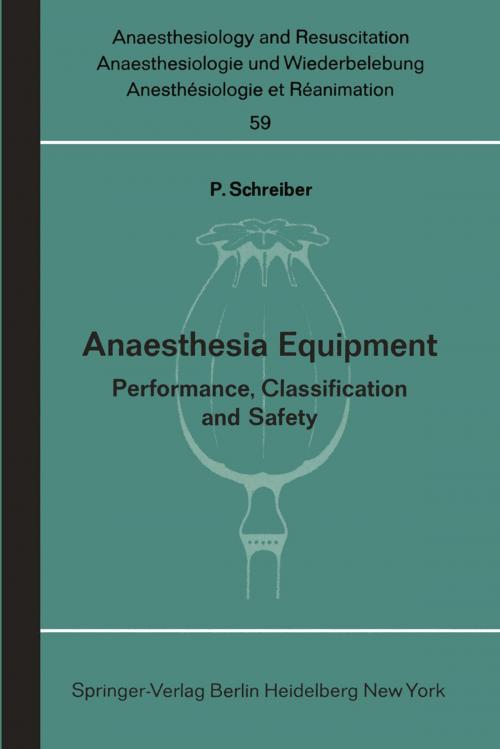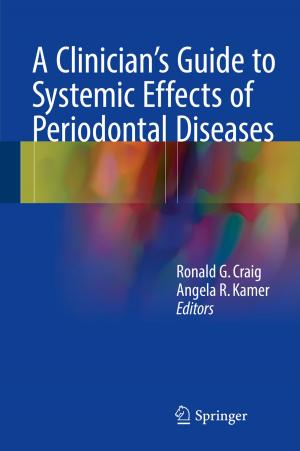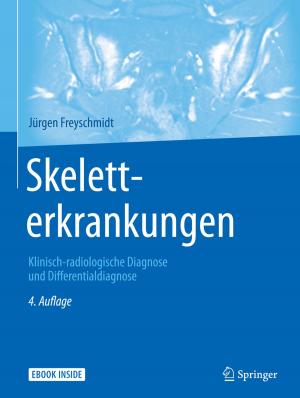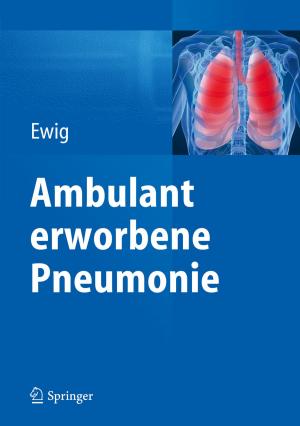Anaesthesia Equipment
Performance, Classification and Safety
Nonfiction, Health & Well Being, Medical, Specialties, Anesthesiology| Author: | P. Schreiber | ISBN: | 9783642462849 |
| Publisher: | Springer Berlin Heidelberg | Publication: | March 8, 2013 |
| Imprint: | Springer | Language: | English |
| Author: | P. Schreiber |
| ISBN: | 9783642462849 |
| Publisher: | Springer Berlin Heidelberg |
| Publication: | March 8, 2013 |
| Imprint: | Springer |
| Language: | English |
During the recent years the basic sciences have become a major stimulant toward progress in medicine. Technique itself plays a vital role in today's medicine. With the increasing complexity of equipment, hazards related to malfunction and misuse have grown proportionally. The machine used with insufficient knowledge could become a deadly instrument. The basic elements of the anaesthesia machine, their design, and the physical basis for their function is discussed in the monography by the engineer, Peter 1. Schreiber. His knowledge is based upon fifteen years experience in the medical equipment industry in both Germany and the United States as well as his teaching activities in various medical schools. Detailed knowledge of equipment and the related physical laws has gained increasing importance in the training of anaesthesiologists. Fundamental knowledge of the design, function, and performance of an anaesthesia machine is the key to the art of its use. Mainz/Rhine, December 1971 Dr. RUDOLF FREY, F.F.A.R.C.S. Professor of Anaesthesiology Johannes Gutenberg-University Acknowledgements I wish to thank Dr. STANLEY W. WEITZNER, Professor, Department of Anesthesiology, State University of New York, Downstate Medical Center, for his helpful criticism of the chapter dealing with the per formance and classification of ventilators. I also want to thank Mr. DAVID F. BOERNER for his assistance in rewording the language and physiochemical terminology of the manu script.
During the recent years the basic sciences have become a major stimulant toward progress in medicine. Technique itself plays a vital role in today's medicine. With the increasing complexity of equipment, hazards related to malfunction and misuse have grown proportionally. The machine used with insufficient knowledge could become a deadly instrument. The basic elements of the anaesthesia machine, their design, and the physical basis for their function is discussed in the monography by the engineer, Peter 1. Schreiber. His knowledge is based upon fifteen years experience in the medical equipment industry in both Germany and the United States as well as his teaching activities in various medical schools. Detailed knowledge of equipment and the related physical laws has gained increasing importance in the training of anaesthesiologists. Fundamental knowledge of the design, function, and performance of an anaesthesia machine is the key to the art of its use. Mainz/Rhine, December 1971 Dr. RUDOLF FREY, F.F.A.R.C.S. Professor of Anaesthesiology Johannes Gutenberg-University Acknowledgements I wish to thank Dr. STANLEY W. WEITZNER, Professor, Department of Anesthesiology, State University of New York, Downstate Medical Center, for his helpful criticism of the chapter dealing with the per formance and classification of ventilators. I also want to thank Mr. DAVID F. BOERNER for his assistance in rewording the language and physiochemical terminology of the manu script.















